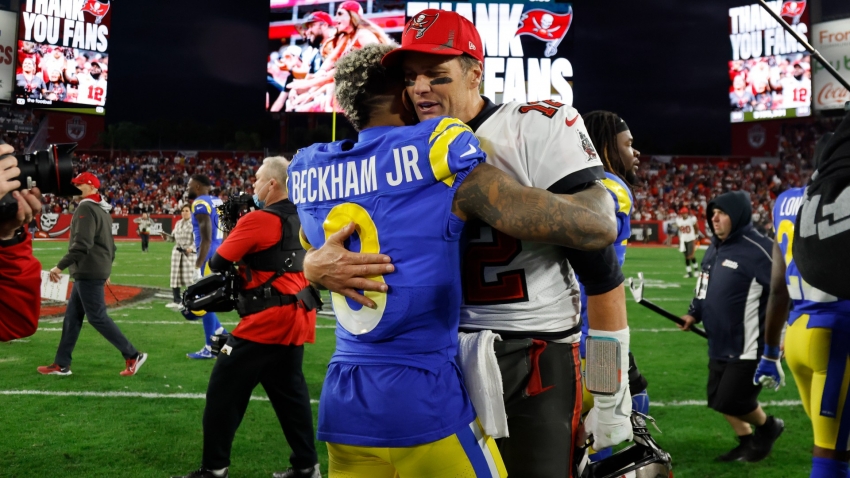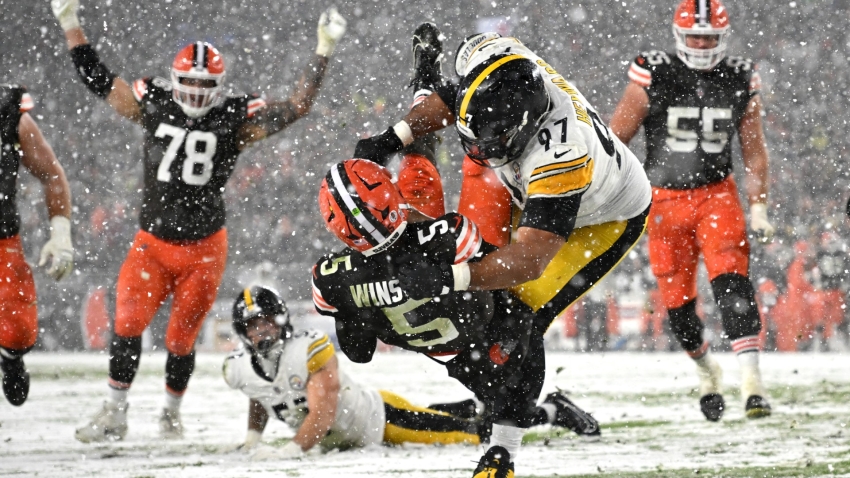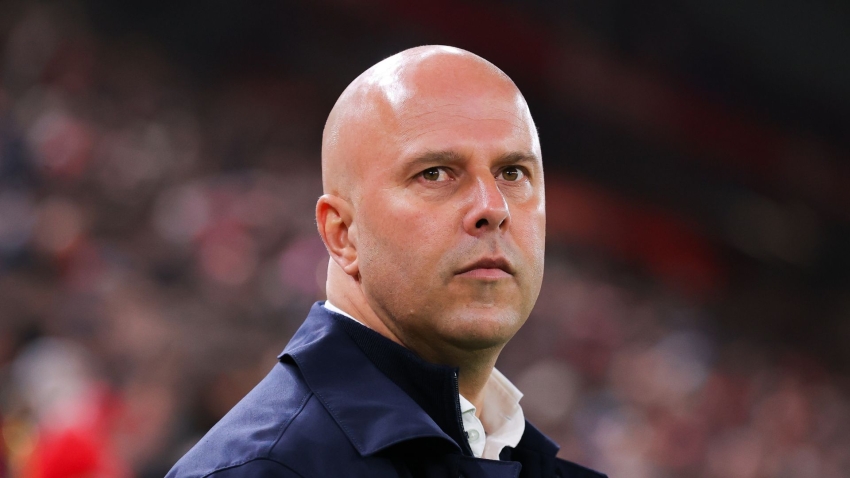In the NFL, it is very difficult to go out on top.
Parity reigns supreme in North America's dominant league, with no team since the 2004 New England Patriots achieving the feat of winning back-to-back Super Bowls.
As such, the task of winning the Super Bowl in your final season as a player is an extremely challenging one, especially in an era where there is an apparent production line of young quarterbacks rapidly ascending to the top of the sport.
John Elway and Peyton Manning both did it, in the 1998 and 2015 seasons respectively, both signing off with Super Bowl victories for the Denver Broncos.
But neither nor Elway nor Manning could be considered at the top of their game, with both arguably carried to the title by an extremely talented roster.
Tom Brady could not replicate their achievement but, though he and the Tampa Bay Buccaneers came up short against the Los Angeles Rams in the Divisional Round of the playoffs in what proved his final game, the case can be made his farewell was superior even without it coming on the Super Bowl podium.
Brady will, of course, look back on his Super Bowl-winning seasons with the greatest fondness. However, his 2021 numbers compare favourably with those from a 2007 campaign most consider his finest, another year in which he did not lift the Lombardi Trophy.
In 2007, Brady threw for 4,806 yards, 50 touchdowns and averaged 300.4 yards per game. That touchdown tally trails only Manning in 2013 (55) for the most in a single season, Brady forming a devastating combination with wide receiver Randy Moss in a Patriots offense that is regarded as one of the greatest in NFL history
The yardage total was topped in 2011 (5,235) and 2012 (4,827), yet the zenith in that sense came in 2021, Brady racking up a league-leading 5,316 passing yards at an average of 312.7 yards per game while also leading the NFL with 43 touchdowns.
Those numbers served as a further testament to his ability to adapt to Buccaneers head coach Bruce Arians' aggressive downhill passing game following his switch from the New England Patriots after the 2019 season.
His 42 passing plays of 25 yards or more were the most in the 2021 regular season, Brady continuing to produce explosive plays in a year that saw him shorn of the services of Chris Godwin through injury and, later in the year, Antonio Brown following the All-Pro wide receiver's very public split from the Bucs.
Delivering an accurate, well-thrown ball on 79.2 per cent of his attempts in 2021 – the average among quarterbacks with at least 200 attempts was 78.3 – and throwing a pickable pass on only 2.56 per cent of passes, third-best for signal-callers to meet that threshold, there was no sign of a drop-off in terms of accuracy or decision-making from Brady in his final year.
The combination of accuracy and an arm clearly still strong enough to make throws to every level of the field came to the fore as Brady pounced on a collection of Rams errors to help the Bucs fight back from 27-3 down to tie the game late in the fourth quarter, his 55-yard bomb to Mike Evans to cut the gap to seven points encapsulating his ability to still produce the remarkable even with a depleted receiving group and his offensive line being bullied by Los Angeles.
That the Rams recovered to kick the game-winning field goal is almost immaterial. Brady's send-off was still a thrilling one and a scarcely needed reminder that, in his unprecedented two-plus decades of dominance, no lead was ever safe.
For Elway and Manning, their career-ending Super Bowl triumphs were legacy-defining. Brady did not need to pad his legacy any further but still threw for over 4,000 yards for the fifth time since turning 40 and delivered one final bewitching rollercoaster.
Brady did not go out on top but, rather than being carried to victory, he exited the stage still arguably at the peak of his powers having narrowly missed out on lifting his team to an astonishing comeback win. It wasn't a winning farewell but, in every other sense, it was the perfect Brady goodbye.































